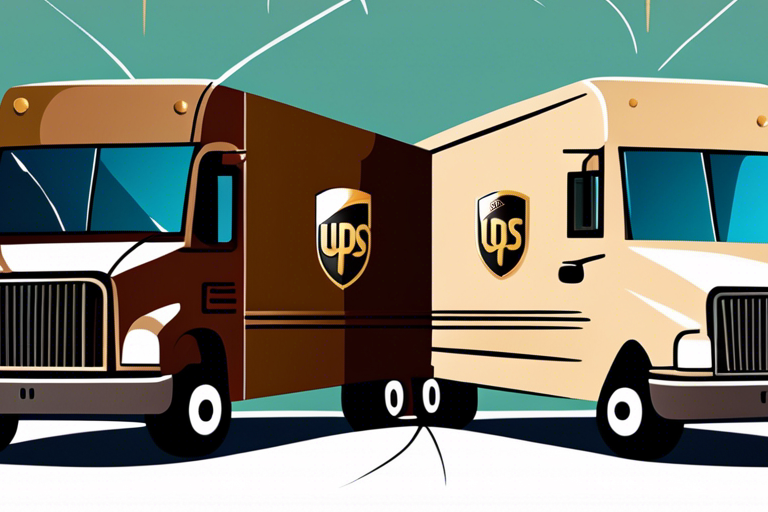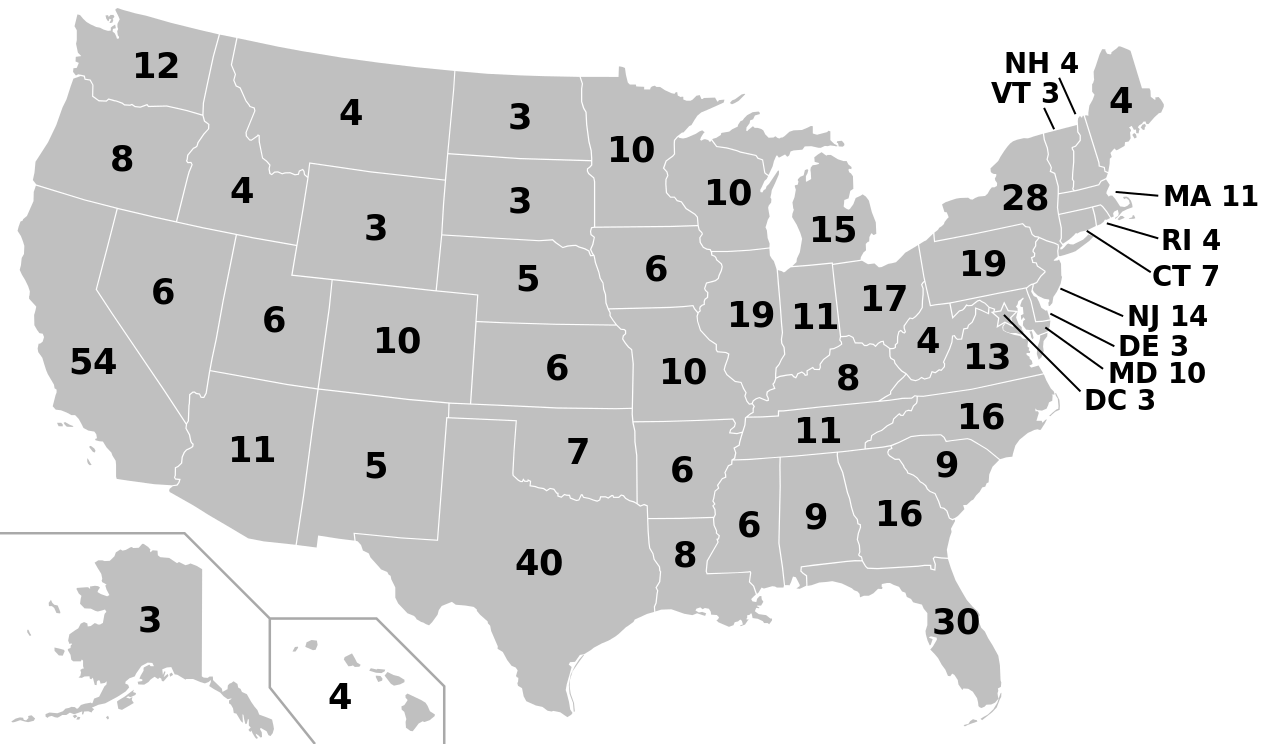In a concerning turn of events, contract negotiations between UPS and the union representing its 340,000 workers have collapsed, leaving both sides pointing fingers at each other for derailing the talks. The Teamsters, who have been pushing for a final offer from UPS, accuse the company of presenting an unacceptable economic package and walking away from the bargaining table. However, UPS has a different narrative, asserting that it is the union that abandoned the negotiations, despite UPS’s generous offer that builds on industry-leading pay.
With the current contract set to expire on July 31, the stalemate has created a ticking time bomb for the company. Last month, Teamster-represented UPS workers authorized a strike, and union leader Sean O’Brien warned of an imminent work stoppage. The situation is further complicated by the fact that any tentative agreement would need approval from the union’s national committee before being disseminated and voted on by members. The union has made it clear that negotiations will not extend beyond the contract expiration date.
The market response to this deadlock has been severe, with shares of United Parcel Service Inc. plummeting over 2%, while rival FedEx experienced a slight increase. The implications of a strike by UPS workers, who represent more than half of the company’s workforce and operate the largest private-sector contract in North America, are grave. The last strike, which occurred 25 years ago and lasted 15 days, severely crippled the company. Today, UPS plays an even more critical role in the U.S. economy, delivering essential items to consumers and supporting the operations of countless small businesses. The potential disruption to delivery services could force businesses to scramble for alternative shipping options, causing disruptions throughout the supply chain.
It is important to note that UPS is a significant driver of the nation’s gross domestic product, contributing approximately 6% to the economy. Consequently, a strike would have far-reaching consequences, particularly on the supply chain, which is still recovering from the disruptions caused by the pandemic.
While negotiations seemed to be progressing positively in recent weeks, with agreements reached on key issues such as wage disparities and employee benefits, the breakdown of talks has plunged the situation into uncertainty. The tentative agreements achieved so far, including establishing Martin Luther King Jr. Day as a full holiday and addressing driver overtime concerns, now hang in the balance.
It is worth mentioning that UPS has experienced substantial financial growth in recent years, with profits nearly tripling compared to pre-pandemic levels. The company has been rewarding shareholders generously with dividends and stock buybacks, highlighting its financial stability. However, a protracted strike would undoubtedly have a detrimental impact on the company’s performance and raise concerns about its ability to meet customer demand.
As the impasse between UPS and the Teamsters intensifies, the clock is ticking for a resolution. The stakes are high, with the economy, businesses, and consumers anxiously waiting for a breakthrough in negotiations. The fallout from a prolonged labor dispute would have severe repercussions on UPS’s operations, the livelihoods of its employees, and the broader economy.









Leave a Reply